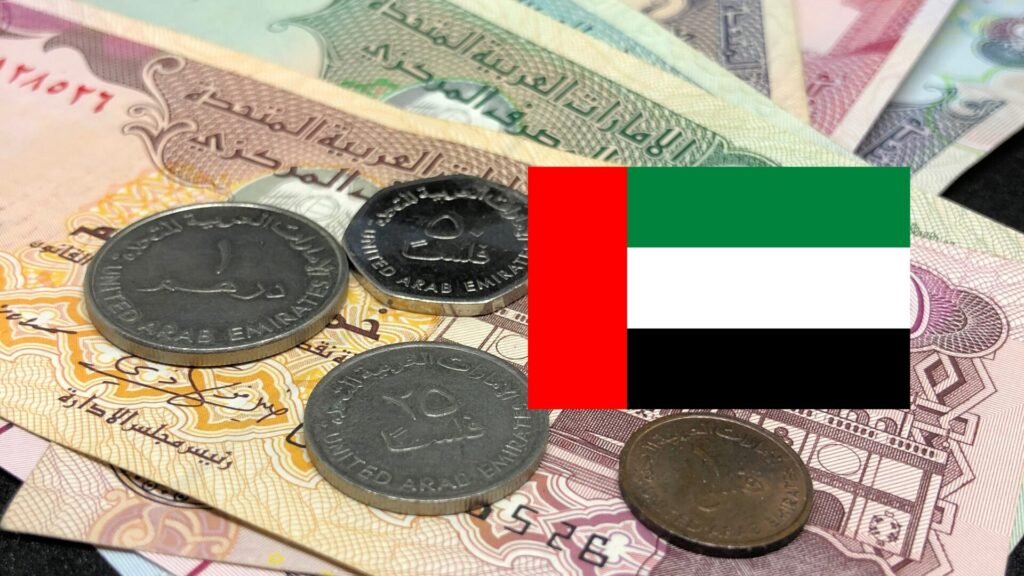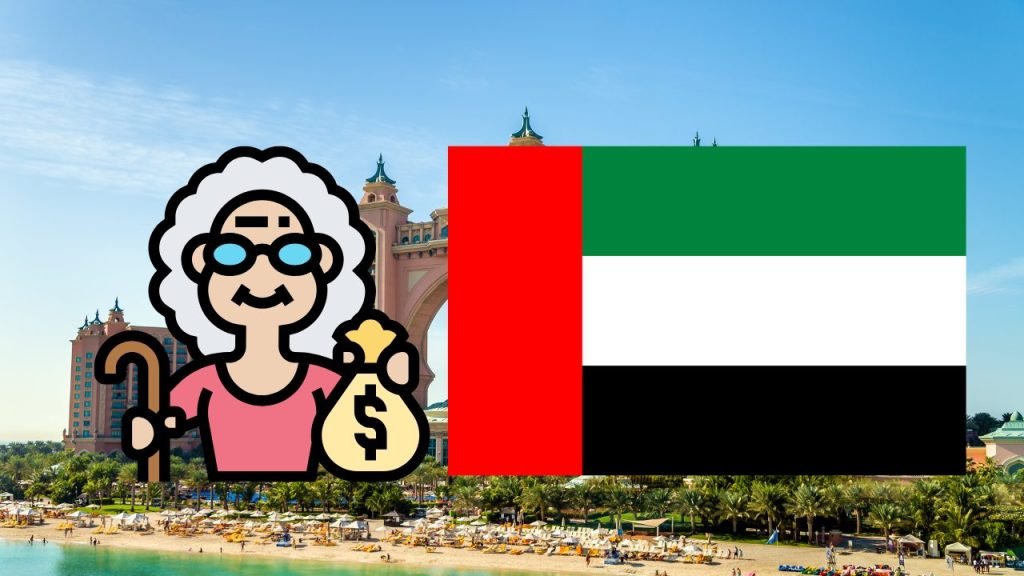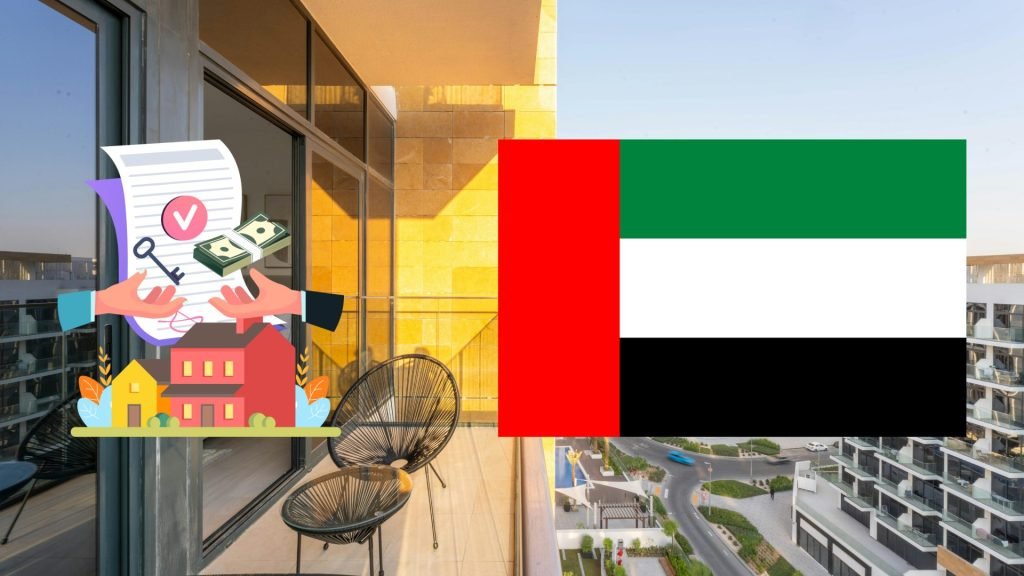Are you planning to emigrate to Dubai or visit as a tourist? Then it’s helpful to know the rules for tourists. Regarding laws and regulations, Dubai is a very different country from European countries. So what’s not allowed in Dubai? In this article, we’ll explore this in more detail.
General Behavior
Many people wonder what’s not allowed in Dubai, so what can’t you do in Dubai? First, we’ll discuss the behavior that’s expected of you.
Dubai is a strict Islamic country and the laws and rules are different from those in the Netherlands, partly because of this. You must always respect the religion and its customs.
- Respect local holidays and customs.
- During prayer times (5 times a day), you don’t need to do anything special, but you will hear the call to prayer from mosques – just continue with your day, but for example, playing extremely loud music next to a mosque during prayer time would be highly inappropriate.
- However, playing extremely loud music anywhere in Dubai would generally be unwelcome anyway, as it disturbs public order.
- Be careful about expressing your opinion on social media or in public about religion. This can quickly be considered an insult.
In general: know the basic rules in Dubai and use common sense. Dubai is a fairly liberal city compared to many surrounding countries and cities, but Dubai is certainly not as free as Amsterdam.
If you behave respectfully, follow the law, and are aware of cultural sensitivities, you’ll find that Dubai is an easy and orderly country to live in. Additionally, as a result of these relatively strict rules, there is almost no crime in Dubai.

Social Norms and Local Customs
What are the social norms and local customs in Dubai? Although Dubai is cosmopolitan, it is officially an Islamic society with conservative laws and norms. Expats are expected to respect these norms.
Dress Codes
What are the dress codes in Dubai for men and women? Dress codes are an example of this. In public spaces (malls, government buildings, on the street) you should dress neatly:
- Cover your shoulders and knees
- No extremely deep necklines
- No transparent clothing
- No bikinis or swimwear outside of pools or beaches
Do women need to dress differently in Dubai? Regarding dress codes for women, both men and women should dress neatly, but it can be seen as more offensive if women dress too revealingly. So women are especially advised to dress modestly.
Because Dubai is an Islamic city, some people wonder if women have to wear a headscarf. Do women have to wear a headscarf in Dubai? No, women are not required to wear a headscarf.
In practice, in modern areas, you see many people in Western clothing (trousers, T-shirt, summer dress), and in private areas such as hotel pools or beach clubs, you can freely walk around in a bikini or swimsuit. But don’t stroll through a public shopping mall in your swimwear; that can lead to comments or even fines.
Drinking Alcohol
Are you allowed to drink alcohol in Dubai? Yes, it’s allowed for non-Muslims if you’re over 21.
Drinking alcohol is thus permitted for non-Muslims over 21, but only in licensed establishments (bars, restaurants, clubs – usually connected to hotels). Public drunkenness is punishable, as is driving under the influence (0% tolerance).
Eating and Drinking in Public
In Dubai, you can eat in public, but during Ramadan this is different, as Muslims are fasting then.
Are you allowed to eat and drink in Dubai during Ramadan? Eating and drinking in public during Ramadan from sunrise to sunset is not allowed, out of respect for fasting Muslims – many restaurants close during the day or darken their spaces. Expats should take this into account, although in recent years, more restaurants in Dubai are discreetly opening for non-fasters.
Religion
Freedom of religion exists in Dubai, there are churches, temples, and gurdwaras for various faiths, but open conversion (proselytism) of Muslims is forbidden and insulting Islam or the Prophet is a serious offense. On the positive side: as a non-Muslim, you don’t have to follow Islamic rules in private (you can buy pork in special pork sections in supermarkets, drink alcohol at home, etc.).
Laws and Regulations in Social Aspects
What are the laws and rules in Dubai? Dubai has strict rules to maintain public order and morality.
Public Affection
Are you allowed to hug or kiss in public in Dubai? Public affection between partners is discouraged – holding hands is still acceptable, but kissing or hugging on the street is ‘not done’ and can, in extreme cases, result in fines.
Are you allowed to live together unmarried in Dubai? Until recently, unmarried cohabitation was illegal, but nowadays, cohabitation of unmarried couples is allowed under new legislation. This means that as an expat couple, you don’t necessarily need to get married to be able to rent or buy an apartment together.
Homosexuality
Is homosexuality accepted in Dubai? No, it is not accepted in Dubai. Homosexuality remains officially punishable in the UAE and thus Dubai. In practice, it’s often tolerated in Dubai as long as it’s not openly displayed, but LGBTQ+ individuals should be aware of this risk – public coming out or showing affection can lead to serious problems.
Drugs
Are you allowed to use drugs in Dubai? No, this is not done. Furthermore, drugs are absolutely taboo: even a minimal amount or a positive drug test can lead to imprisonment and deportation. Be careful even with certain medications (sleeping pills, ADHD medication) – they may fall under the opium law; always bring a doctor’s note. Otherwise, this can also be seen as drugs and can get you into trouble.
Insulting
Is insulting punishable in Dubai? Yes, this is punishable. Swearing, giving the middle finger, or publicly insulting someone is also punishable, even online (think of social media): there are known cases of people who got into arguments in traffic and later had problems due to using coarse language. In short, always keep it civilized in public.
Be especially careful in public, you might encounter the wrong person who can get you into serious trouble.

Visa and ID Requirement
Additionally, there are also some more standard rules in Dubai. For example, you need a visa to live in Dubai. If you’re going on vacation to Dubai (as a Dutch citizen), you don’t need a visa and can stay in Dubai for 90 days.
Once you have your Emirates ID, you are legally required to carry it with you at all times for identification. In practice, you’ll often need to show your ID when entering office buildings, collecting registered mail, etc. So make sure you don’t lose it; reporting a loss and applying for a new one takes time and money.
Traffic Rules
What are important traffic rules in Dubai? Another important rule if you’re going to Dubai as a tourist or as an expat is driving under the influence.
- You really can’t have even a drop to drink if you’re going to drive in Dubai. Driving under the influence has a zero-tolerance policy (0.0‰, immediate imprisonment if you’re caught).
- Using a handheld phone while driving is prohibited.
- Speeding violations result in automatic fines; for severe violations, your car can be confiscated.
- Pedestrians officially have the right of way at zebra crossings, but don’t rely on this blindly.
Photography and Social Media
Do not take photos of people (especially women) without permission. It is punishable to violate someone’s privacy, which also applies to posting photos of others online without consent. Photos of certain government buildings, military sites, or palaces are also prohibited.
In daily life, you will have little trouble with this, but be discreet with your camera. Regarding the internet: be careful not to post or say anything that could be perceived as slander against someone; defamation and insults (even via WhatsApp) can be legally dealt with harshly in Dubai.
Certain websites and apps are blocked due to strict media censorship (including many internet calling services such as WhatsApp-call, Skype, Facetime were long restricted; this is slowly relaxing but remains cautious). Using a VPN is technically illegal, but is still widely used to access some apps.
Contracts and papers
In Dubai, much is done digitally, but for official matters, you need stamps and papers.
- Housing rental contracts go through Ejari (digital) but you must sign the contract itself.
- Employment contracts must be registered with the Ministry of Labour. Read contracts carefully, because what you sign is binding and the law often follows the principle of ‘a contract is a contract’. So, are you going to work in Dubai? Then you will have to deal with this.
- Rental contracts, for example, usually have a notice period of 2-3 months, but early termination within the first rental period is often not possible without a penalty.

Finances and banking
Opening a bank account is the first step once you have your visa or have started a business in Dubai. Popular banks in Dubai are Emirates NBD, HSBC, ADCB. You need your passport, visa, and Emirates ID, and sometimes an employer letter.
Interest on loans is low, but check if you need to build a local credit score for loans. Many expats regularly send money home; transfers are easy via exchange bureaus or online banking.
Want to read more about banks? Read: Banks in Dubai.
Property and inheritance
If you inherit property in Dubai (house, car), keep in mind that the UAE applies Islamic inheritance law (Sharia) if there is no will. For expats, it is advisable to draw up a local will at the DIFC Wills Service or notary if you have serious possessions here, so that in case of unexpected death, your assets are distributed according to your wishes and not according to the standard rules.
Respect for Local Culture: Tips
- Greet people with “As-salaam Alaikum” (peace be upon you)
- Use your right hand when giving or receiving something
- Do not eat or drink visibly during Ramadan daytime (not even in the car)
- As a woman, you are free in your choice of clothing, but avoid unnecessary confrontation
- Show interest and respect for Islamic holidays and traditions
Frequently Asked Questions
Yes, once you have an Emirates ID, you are legally required to carry it with you at all times. You need it for various daily situations, such as accessing buildings or collecting mail.
Alcohol is allowed for non-Muslims aged 21 and over, but only in places with an alcohol license, such as hotel bars or certain restaurants. Public drunkenness and driving under the influence are severely punishable.
In public spaces, you must dress modestly: keep shoulders and knees covered, no see-through or very revealing clothing. In private areas such as hotels or beaches, swimwear is allowed.
Yes, since the law change, cohabitation of unmarried couples is allowed. You don’t need to be married to rent a home together.
Officially, homosexuality is punishable in the UAE. In practice, it is sometimes tolerated in Dubai as long as it’s not publicly visible. Public displays of affection can lead to serious problems.
Public displays of affection (such as kissing) are not appropriate. Insulting, swearing, or obscene gestures – even online – are punishable. Respectful behavior is highly valued and legally enforced.
Do not take photos of people without permission, and avoid photographing government buildings or palaces. Offensive or defamatory statements online can have criminal consequences.
Drugs are strictly prohibited. Even traces or a positive test can lead to imprisonment. Certain medications also fall under the Opium Act – always bring a doctor’s note.
During the fasting period, eating or drinking in public during daylight hours is not allowed. Some restaurants are discreetly open during the day for non-fasters.
Without a will, Islamic inheritance law is applied. Expats are advised to draw up a local will to ensure that possessions are distributed according to their wishes.
Yes, walking hand in hand is allowed in Dubai, but kissing is forbidden.
Stealing in Dubai is punishable. You can receive a prison sentence ranging from 3 months to 3 years.





